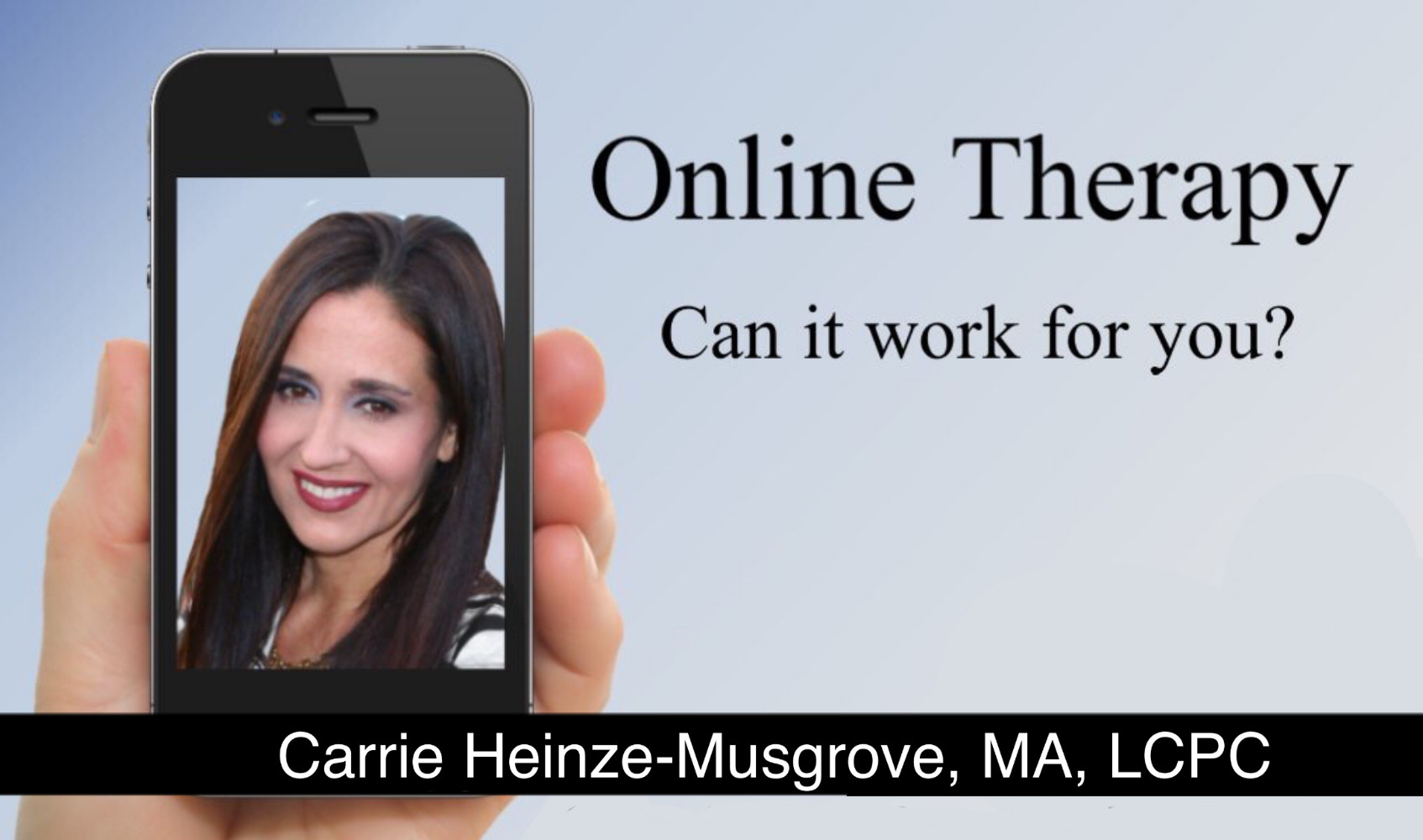New technology is changing the way medical services are delivered. Psychotherapy is now available online from a variety of sources. Is this a good thing or a bad thing? Let’s look at a few of the advantages and disadvantages.
In this discussion we are focusing on psychotherapy through videoconferencing with Facetime, Skype, Vsee or similar technology. Although “chat therapy”, “text therapy” and similar platforms can have value in certain situations, they are not really psychotherapy. Most of these sites have disclaimers in the fine print that acknowledge this.
Advantages
Convenience is clearly at or near the top of the list. There is no need to make arrangements, get dressed up, apply makeup, drive the round trip, or sit in a waiting room. You can simply press a button on your phone from any place that offers privacy and an Internet connection, including your own home or office. In addition to saving a lot of time, being in an environment that is comfortable helps put you at ease and facilitates making changes.
Privacy is also a distinct advantage. There are no absences to explain, receptionists to meet, or people looking at you in a waiting room. In most cases, only you and your therapist are aware you are seeking help. This can do much to eliminate any stigma that is holding you back. It is much easier to benefit from the process when you don’t feel like you’re being watched and judged by those around you.
Effectiveness is also a plus. For many (though certainly not all) situations, therapy through video conferencing allows you to be more relaxed. Even though you and your therapist can see each other, there is a degree of anonymity that allows many to open up and explore situations in a way that is hard to do when you are physically with each other. There is very little chance we will bump into each other at the grocery store. You can speak freely and be confident that your innermost thoughts are safe.
Disadvantages
An important disadvantage is that online therapy is clearly NOT appropriate for all situations. If you are suicidal, dependent on drugs or alcohol, or have a related condition that requires close medical supervision, then online therapy is not appropriate. You need a therapist that is plugged into your local medical and emergency institutions.
Most often, online therapy is not appropriate for children or adolescents. For these situations, you need a therapist with the ability to interface directly with (and meet with) their teachers and school counselors. You also might need a therapist with the ability to testify either in court or a school hearing.
Another disadvantage is the growing number of people offering services with little or no credentials. Many offer services as “Life Coaches”. Some have formal training, some have a relatively easy certification from an Internet source and some have nothing at all. Some of them might be good at helping you with decisions or giving you inspiration. If you are having a mental health issue, however, you likely need someone with an advanced degree and a license to practice in the mental health field. You need a licensed psychotherapist. The burden falls on you to make sure you are getting qualified help.
Insurance payment and reimbursement continues to be a disadvantage. It is still a new concept and most insurance companies will not pay or reimburse you for online therapy. This, however, is offset somewhat by the fact that you also do not need a diagnosis of Depression, Anxiety, Bipolar, etc., becoming part of your permanent medical record. Insurance companies require a diagnosis if they are going to be the ones paying for your treatment.
Also, there is no third party dictating when and how often we can meet. Yet, if your insurance plan offers reimbursement for psychotherapy, it is in your best interest to learn what those benefits are so you can plan accordingly.
Please check your coverage carefully by asking the following questions:
• Do I have mental health insurance benefits?
• What is my deductible and has it been met?
• How many sessions per year does my health insurance cover?
• What is the coverage amount per therapy session?
• Is approval required from my primary care physician?
These advantages and disadvantages are most certainly not all-inclusive, but are among many important things to consider if you are thinking about getting help for a mental health issue or for learning to cope with people and events in your life that are holding you back. I have spent the past 3 years of my 20 years as a Psychotherapist providing therapy online and would be happy to answer any questions you might have.
Carrie






